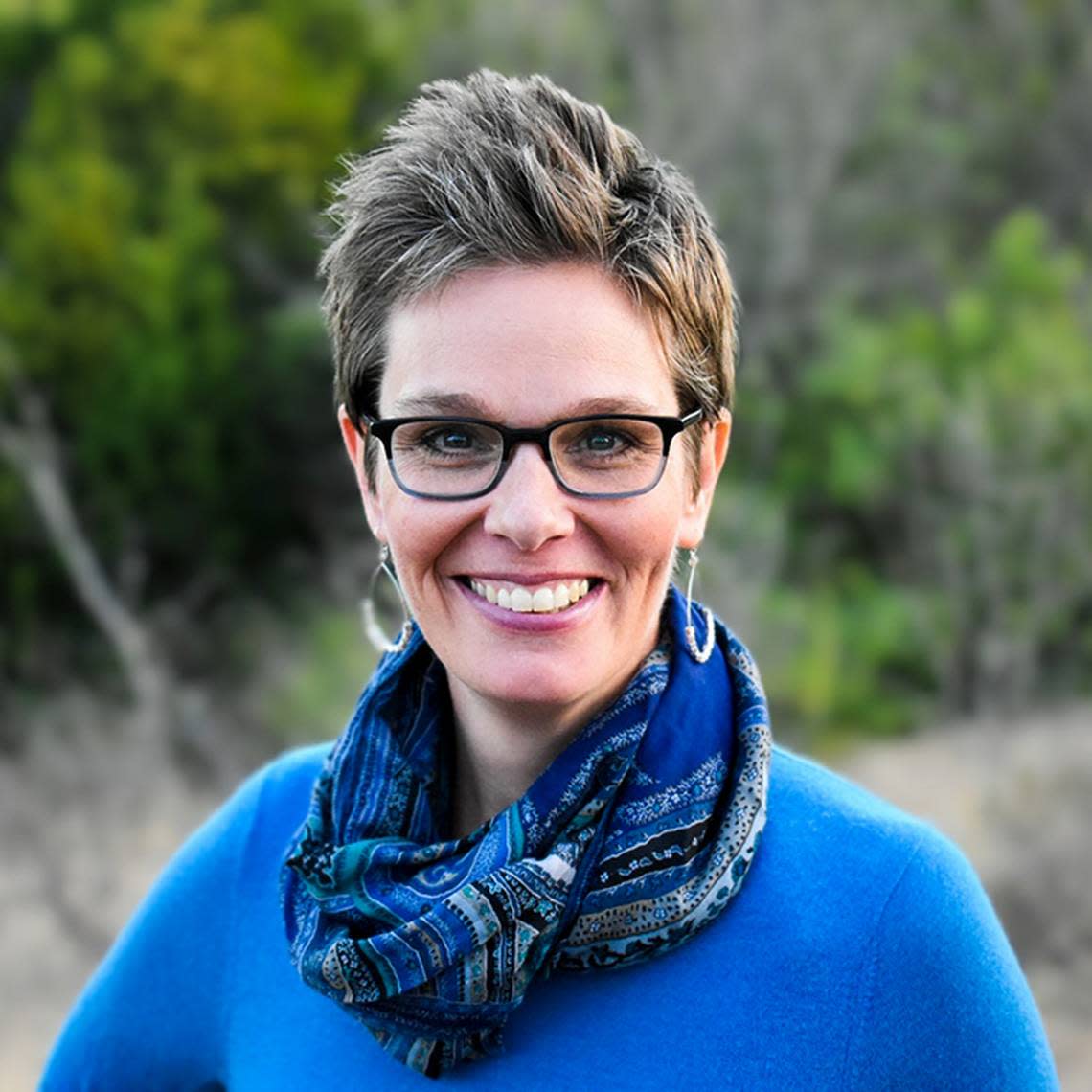On Black History Month, the meaning of Jackie Robinson and teaching the past | Opinion
February is Black History Month. According to the 2020 U.S. Census, nearly 93% of the Idaho identifies as white, while barely 1% is Black. With numbers like those, maybe it’s understandable why some citizens think recent trends in politics, education and even pop culture are overemphasizing the ways people are different, rather than concentrating on the ways so many of us are the same.

I was thinking about this when my third-grade son came home with an assignment to read a biography. Ever the sports fan, he’d selected a book about Jackie Robinson. We sat down on the couch together one evening to read, and he devoured Robinson’s story. My son was thrilled by the baseball player’s grit and courage, delighted that the Brooklyn Dodgers won the World Series in 1955, and sad that Robinson had died when he was only 52. I was pleased that the book’s author also wrote about Robinson’s wife, Rachel, and mentioned that she became a professor of nursing at Yale.
The final few pages of the biography were hand-drawn pictures, including one of Robinson’s championship team. My son asked me if I could identify Jackie Robinson. It wasn’t hard. He was the only one whose face had been darkened black in the re-created pencil sketch.
At bedtime, we were talking about baseball and the book when my son asked me the question I had been dreading. He wanted to know why Jackie Robinson was the first Black player ever to make the major leagues. In his young mind, he figured it was because other men of color just hadn’t been very good before April 15, 1947, the day Robinson broke the racial barrier. Of course, that isn’t true. Plenty of players before Robinson had been good enough.
As I tucked my son in, I told him the truth: The United States is a work in progress, its people have made mistakes, and those mistakes have ruined dreams and cost lives. My son felt badly, and so did I. I wished the truth were different. I hope the future will be.
Making the future different requires remembering the past. Remembering the past sometimes means feeling grief and remorse for the mistakes of our forebears.
None of us can undo the racism, sexism or other ills that happened centuries or decades before we were even born.
But just as I feel joy at American accomplishments like inventing baseball, being the oldest democracy in the world or winning the race to be the first to land a person on the moon, I can acknowledge profound sadness that baseball was too white for too long, the Constitution incorporated a clause that counted enslaved people as fractions rather than whole humans, and NASA didn’t launch a Black astronaut into space until 1983.
I can also support curricula and programs in Idaho schools, from kindergarten through college, that teach everyone’s history, and draw attention to the nation’s past and ongoing injustices and mistakes.
History teaches us that belonging and inclusion are intentional acts, not accidents or inevitable outcomes. Officials in Major League Baseball had to change their minds so that Jackie Robinson could play in the Big Leagues. Willie Mays, one of the greatest baseball players of all time, didn’t enter the league until 1951, four years after Robinson’s debut. It took until 1954 before there were 10 Black players, out of the nearly 600 in the league playing at that time.
Black History Month — and the other 11 other months of the year, too — is about celebrating, telling the truth and remembering our better angels.
Programs for belonging and inclusion in education are not about forgetting the nation’s best days or discounting anyone’s experience. Instead, these programs are for making sure the next Jackie Robinson — along with everyone else, too — gets where he wants to be, and that his life is valued in ways that make it possible for his dreams to come true.
Such ideals are the epitome of the American spirit. I want my son to know the whole truth about Jackie Robinson’s experience, so that he and his peers around the nation will continue the progress toward making sure future biographies don’t end with sketches that make it easy to spot who or what is different.
Sam Martin, PhD, is the Frank and Bethine Church Endowed Chair of Public Affairs at Boise State University.
